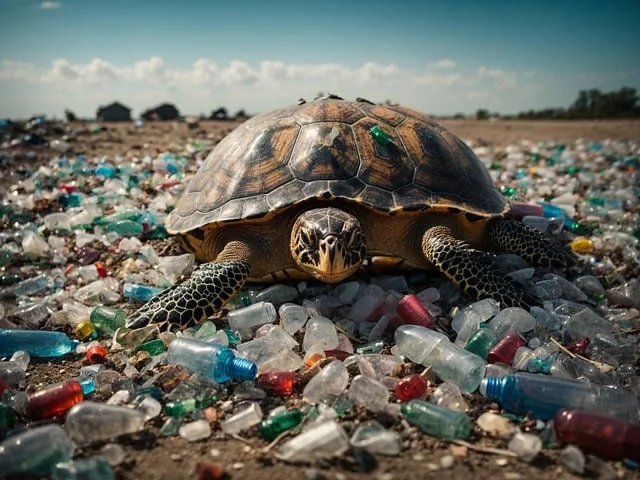Scientific data collected on the Westward, Corwith Cramer, and Robert C. Seamans are invaluable products of SEA’s educational research programs. SEA supports dissemination and sharing of data with educators and researchers to benefit the broader science community and the public. We aim to encourage and ensure fair access to SEA data while also preserving the intellectual property of individual researchers and seeking opportunities for collaboration. Laboratory and deployment equipment on each vessel are described on the Corwith Cramer and Robert C. Seamans pages.
REsearch
SEA Plastics Data
Since 1984, SEA has carried out more than 14,000 plankton net tows, collecting more than 298,000 floating plastic particles in the ocean. SEA students, shipboard crew, and faculty continue to collect floating plastic debris on our sailing research vessels in the Atlantic and Pacific Oceans and Caribbean Sea.
Data from these tows is publicly available in the Plastics Data Portal.

Data Request
To access cruise reports summarizing the scientific operations of each voyage, and/or to request access to SEA data or samples (Standard Collections or otherwise), please complete the SEA Data Request Form. This process is required of all interested parties, including SEA alumni. Requests will be referred to SEA’s data management team for review.
Data Collection
On every SEA voyage, Standard Collections include the following:
- Continuous GPS positions, surface flow-through seawater system data (temperature, salinity, chlorophyll-a fluorescence, CDOM fluorescence, transmissivity), and anemometer wind speed/direction data
- Continuous ADCP current speed/direction and Chirp bathymetry data
- Daylight observations of seabirds, marine mammals, Sargassum and large marine debris
- CTD profiles, including data from auxiliary sensors
- Measurements of extracted chlorophyll-a, nutrients, pH and alkalinity from discrete water samples
- Surface and subsurface zooplankton net data (and in some cases preserved specimens), including counts and/or biovolumes of plastic debris, tar balls, Sargassum macroalgae, Halobates, phyllosoma (lobster larvae), leptocephali (eel larvae), myctophids (mesopelagic fish), gelatinous organisms, cephalopods, other nekton (>2cm in size), and mesozooplankton (<2cm in size)
On individual cruises, additional samples or data beyond Standard Collections may also be generated during projects led by SEA faculty or collaborating investigators; these data are managed by the project Principal Investigator.
As a service to the scientific community, and to fulfill SEA’s obligations to the U.S. State Department and foreign governments, a formal cruise report is prepared for all international voyages. Cruise reports include: a list of the ship’s company and students, a map of the voyage track, tables of sampling station locations and activities, most raw data in tables or graphics, and abstracts from student oceanographic research projects.
SEA’s decades-long voyage history for the Westward, Corwith Cramer and Robert C. Seamans can be accessed and searched here.
Data Citation
Any product (e.g., thesis, capstone project, report, website, graphics, publication, presentation) by any person that includes data or samples collected onboard SEA vessels should include the following acknowledgement:
[Specify data type or samples] were collected onboard the SSV [ship name], operated by Sea Education Association, with support from SEA faculty, staff and SEA students.
SEA Data in Open-Access Archives
Portions of SEA’s digital data have been contributed to a variety of national archives for specific projects; you are welcome to freely access and utilize these resources without submitting a formal request. Proper citation is still expected, see format above.
Woods Hole Open Access Server – choose SEA Education Association from communities list on home page, then Cruise Reports or Faculty Publications
Marine Geoscience Data System – surface net tow microplastics counts
- 1986 – 2008 data set from Law et al. (2010) North Atlantic paper in Science available at http://dx.doi.org/10.1594/IEDA/100014
- 2001 – 2012 data set from Law et al. (2014) North and South Pacific paper in Environmental Science & Technology available at http://dx.doi.org/10.1594/IEDA/100432
NASA’s SeaBASS Archive – bio-optical flow-through and profile data from 2008-2009
National Oceanographic Data Center – North Atlantic and North Pacific CTD profiles from 1988-2005
Rolling Deck to Repository – flow-through and profile data from the Corwith Cramer and Robert C. Seamans
https://pacific-data.sprep.org/dataset/pacgeo – cruise reports from central Pacific Ocean voyages
Biological and Chemical Oceanography Data Management Office – New England Shelf zooplankton from WHOI-MIT Joint Program cruises from 2009-2012